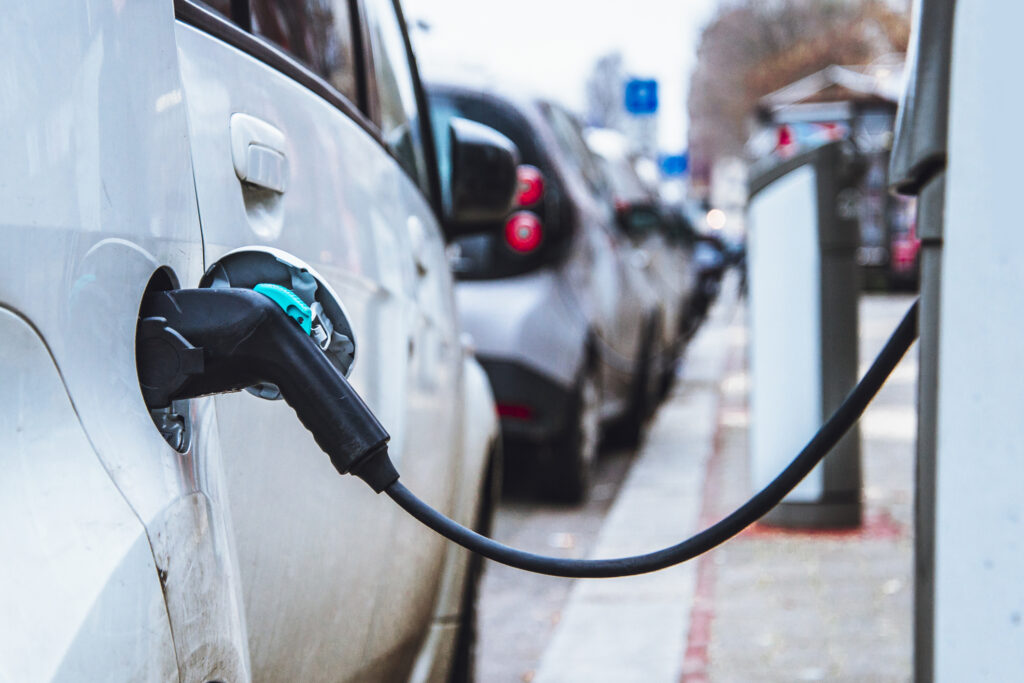The UK will need to install public electric vehicle (EV) chargepoints five times faster than the current rate over the next decade, with government tenders recommended to support this.
This is according to a new report by thinktank Policy Exchange, which found that the UK is likely to need around 400,000 public chargepoints by 2030, with 6,000 of these being high-powered chargepoints. Currently, the UK has around 35,000 public chargers according to the thinktank, with chargepoint operators installing around 7,000 new chargepoints per year.
To install enough public chargepoints to meet this, the rollout will need to occur five times faster at a cost of between £5 billion and £10 billion by 2030. This will require government intervention, the thinktank said, outlining a number of policy recommendations.
Firstly, in areas that are underserved, the government should procure chargepoints through competitive tenders that offer long-term contracts – with 10-15 years suggested – which give chargepoint operators a guaranteed minimum annual revenue. These auctions should be based on the government’s offshore wind farm auctions and replace its existing grant schemes.
Whilst Policy Exchange’s analysis found that chargepoint operators are broadly on track to deliver the 6,000 high-powered chargepoints required, it went on to detail how there are likely to be issues installing these at key locations such as motorway service areas that may require costly new connections to the grid.
Therefore, the government should also tender for high-powered chargepoints and the associated strategic grid connections at motorway service areas and other key locations.
This is already an area receiving government attention, with its Rapid Charging Fund having been announced in the 2020 Budget. The fund is to finance connection costs for 350kW chargers across the strategic road network, aiming to have six rapid chargers installed on each motorway service area site by 2023.
In order to ensure fairness, the government should regulate the maximum price charged by EV chargepoints that receive government funding, with this price cap implemented through the tendering process. These chargepoints should also all be required to offer roaming.
Roaming – alongside maintenance and data sharing – is something that Daniel Brown, head of transport at the Association for Renewable Energy and Clean Technology (REA), said is a “key priority for the industry”, adding the REA is particularly supportive of Policy Exchange’s proposals to provide local authorities more support.
These proposals take the form of funding provided by the government for dedicated ‘Chargepoint Teams’ in local authorities, with these teams to facilitate the rollout of EV chargepoints in their area by coordinating resources across teams within the local authority. They would also remove the bottlenecks faced by chargepoint operators, such as changes to parking restrictions and highway alterations. The funding could be allocated by the Department for Transport, Policy Exchange said.
Randolph Brazier, director of innovation at Energy Networks Association, said: “Over 20,000 charging points are already installed in the UK but we agree this needs to increase rapidly.”
He pointed to the smart solutions being developed through the ENA’s Open Networks project, which are helping to “reduce the cost to customers and speed up the roll-out of charging points”.





